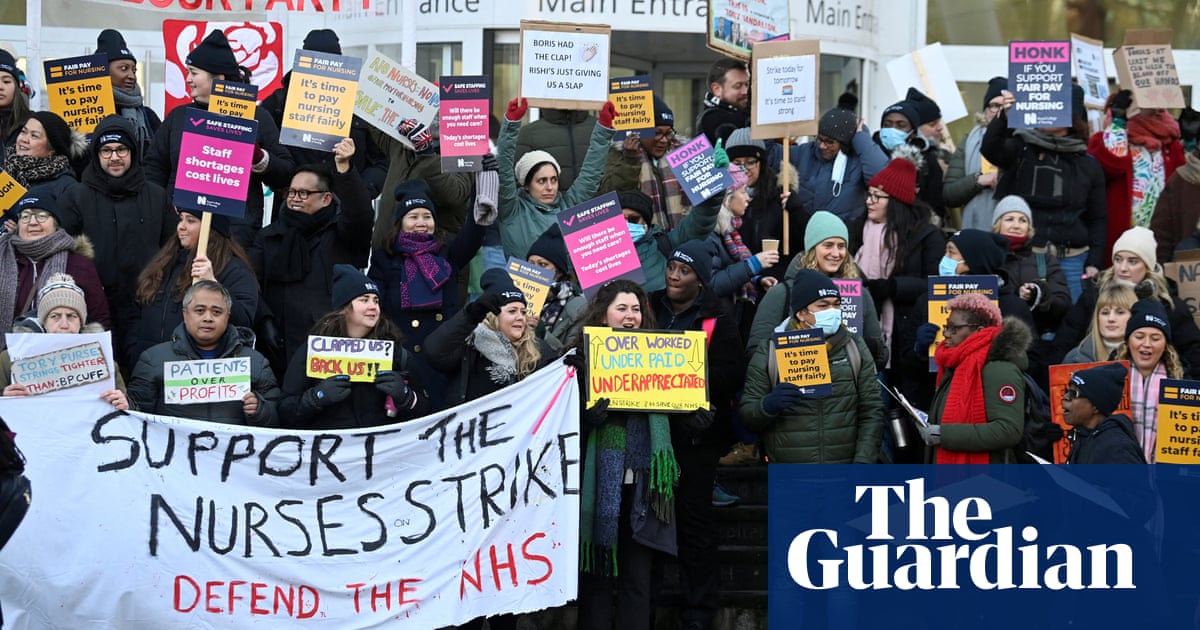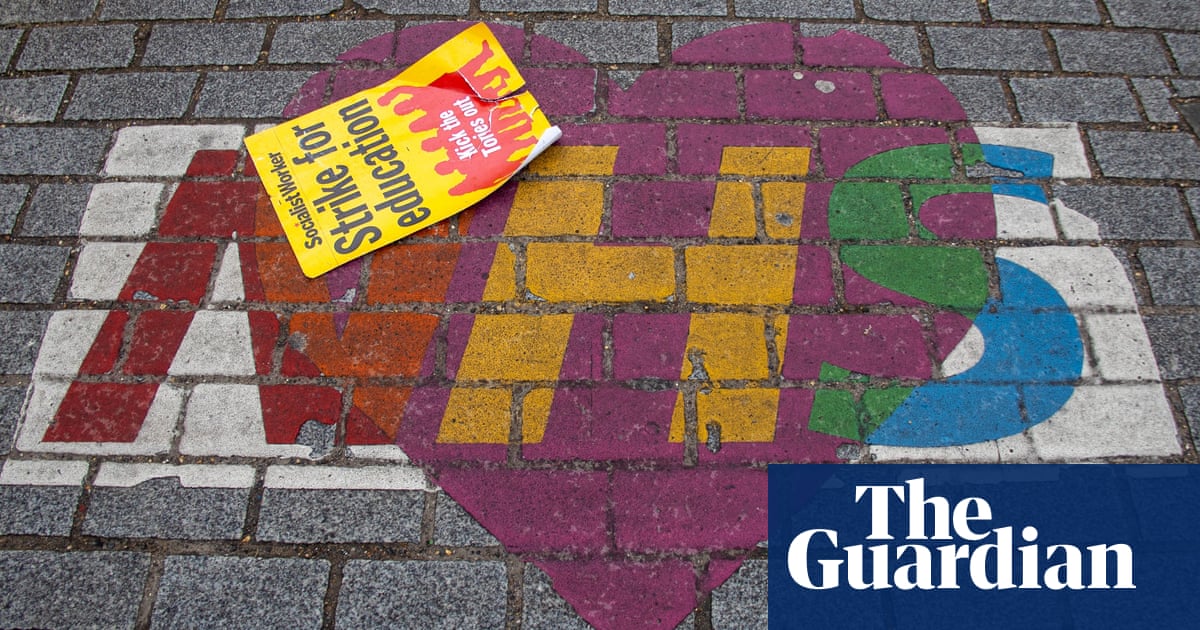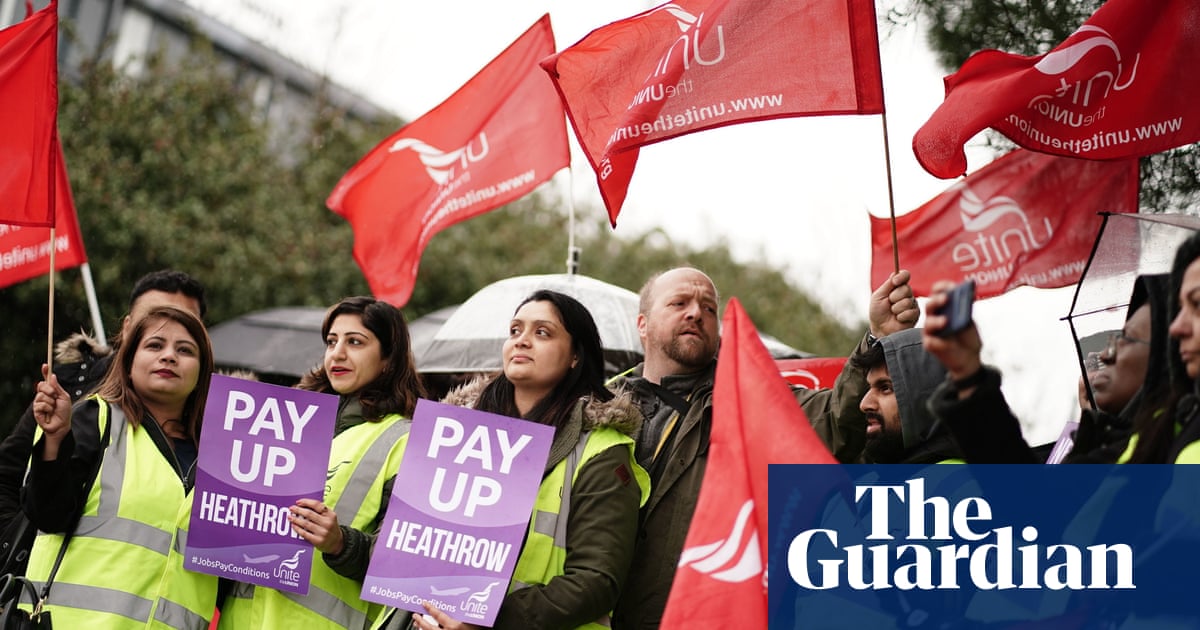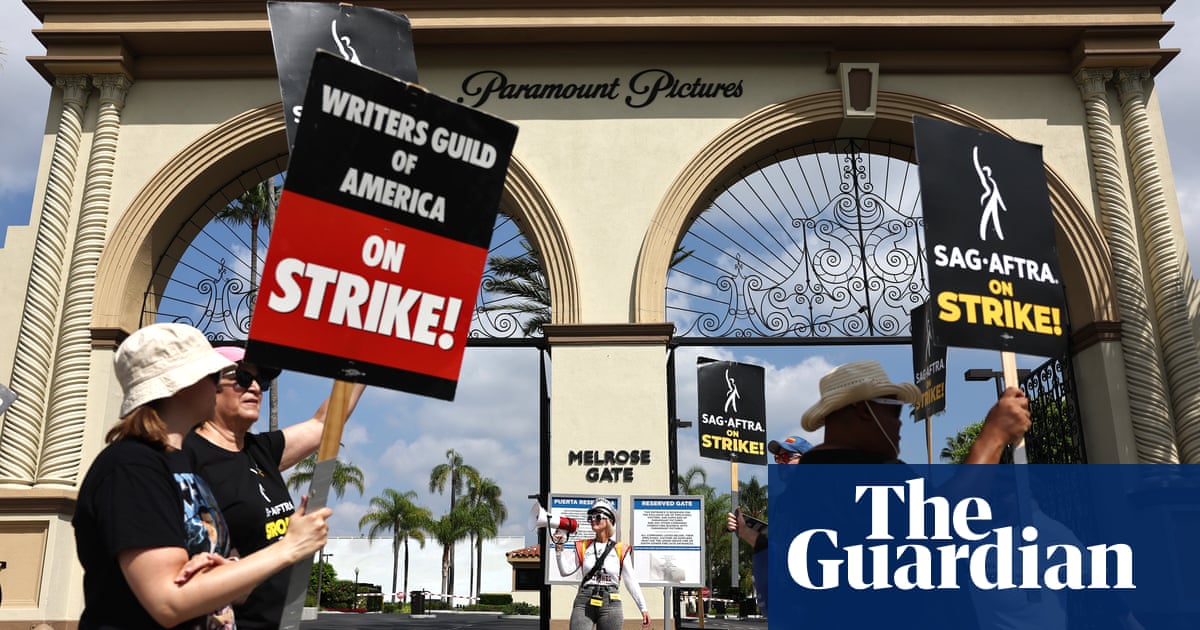
The health secretary, Steve Barclay, is expected to contact unions to urge fresh talks aimed at averting further strikes, amid new warnings that more action could put patients in danger.
It comes as No 10 rejected a proposal to give nurses a one-off lump-sum payment in an attempt to end the industrial action, one of the measures Barclay had suggested as a compromise in crunch Whitehall meetings last week.
The Royal College of Nursing (RCN) hinted it would be open to discussing a lump-sum payment, though warned that there could be no “political quick fixes”. The union has said further talks must take place within 48 hours of the second day of strike action on Tuesday, or more will be planned from January.
Treasury sources had told the Observer that ministers were immovable on pay and would stick to the recommendation from the pay review body, but could potentially look at ways to give staff more money through one-off payments.
But that is understood to have been ruled out, and Whitehall sources said Barclay had accepted that would not go ahead, with health sources saying it had only been mooted as one of a range of policy options.
“The health secretary is determined to do what it takes to keep patients and the wider public safe in the face of industrial disputes,” one Department of Health and Social Care source said. “He has been working intensively with the prime minister to do so. To suggest they come at this issue differently is nonsense.”
Barclay has also ramped up warnings about the dangers of a potential ambulance service strike, suggesting unions had not made the necessary guarantees on life-saving care.
Unison, Unite and the GMB have confirmed that members will take part in strike action on Wednesday. Speaking on a visit to Chelmsford ambulance operations centre, Barclay said: “It’s important that the trade unions honour the commitment they’ve given to safeguard both life-threatening responses and emergency responses.
“We haven’t actually had that confirmed in the practical arrangements that the unions put in place at each trust.”
Barclay said he was “keen to continue talking” but said the current offer from ambulance workers was potentially putting patients at risks. “If the trade unions insist on only answering calls from the picket line then that in turn creates a delay which can have an impact on patient safety,” he said.
RCN sources earlier told the Guardian the union would be open to discussing with ministers the possibility of a one-off bonus for nurses to help ease the cost of living crisis. “If the government has offers to make, then let’s get negotiations started,” an RCN spokesperson said. “We will judge anything on the table against whether it is a fair move towards recognising the value of nursing.”
However, sources in the union also stressed there was still a need to negotiate on regular pay levels. “Our members would want to see more of a long-term plan than attempts at political quick fixes,” a spokesperson said.
Cabinet ministers who are privately anxious about whether the government could face down the unions have been told that there will categorically be no movement on money, another Whitehall source said.
Barclay is expected to write to unions as early as Monday morning to urge them to meet him. Speaking on Sunday, the chancellor of the duchy of Lancaster, Oliver Dowden, said the UK government would remain “resolute” on pay for nurses despite the potential for further strikes in January.
Dowden, who has been chairing Cobra meetings on mitigating industrial action across a wide range of sectors including transport, the NHS and the civil service, said the government was not prepared to override the offer recommended by the independent pay review body and risk fuelling inflation.
“I have to say we will be resolute in response to this, because it would be irresponsible to allow public-sector pay and inflation to get out of control, and we owe a wider duty to the public to make sure we keep our public finances under control and we build a growing economy that can pay for these things,” he told the BBC’s Sunday with Laura Kuenssberg programme.
Matthew Taylor, chief executive of the NHS Confederation, said it was clear the government’s refusal to talk about the key issue in the negotiations meant it was hard to see how talks could progress.
“It does seem as though the door is shut by the government when it comes to this question of pay,” he told BBC Breakfast. “So the secretary of state has said today that he’s willing to negotiate, except negotiate on the one issue that the trade unions want to negotiate on, which is pay.”
Taylor said there was the “possibility of progress”, as seen with the pay offer for nurses in Scotland. “So, even at this late moment, I call on both the government and the trade unions to be pragmatic, to recognise that having industrial action during a winter crisis in the health service creates risks, puts pressure on,” he said.
“So we’ve all got to be clear: there are going to be harms, there are going to be risks, and that’s why we’ve got to leave no stone unturned in making progress.”
The RCN said it would reveal its timetable for bigger and wider disputes if ministers fail to open fresh talks on pay within 48 hours of a second day of action planned for this Tuesday.
In a further round of disputes, it would work to ensure that nurses restricted the kind of work they were prepared to do on strike days to a shorter list of activities in fewer areas than had been the case on the first strike day last Thursday.
Barclay wrote in the Mail on Sunday that the government “simply cannot afford the 19% pay hike for nurses that the RCN is demanding. Frankly, neither can the NHS. I do not want people to miss out on vital treatment and operations, but that is what will happen if we divert resources from frontline services into unaffordable pay increases.”












